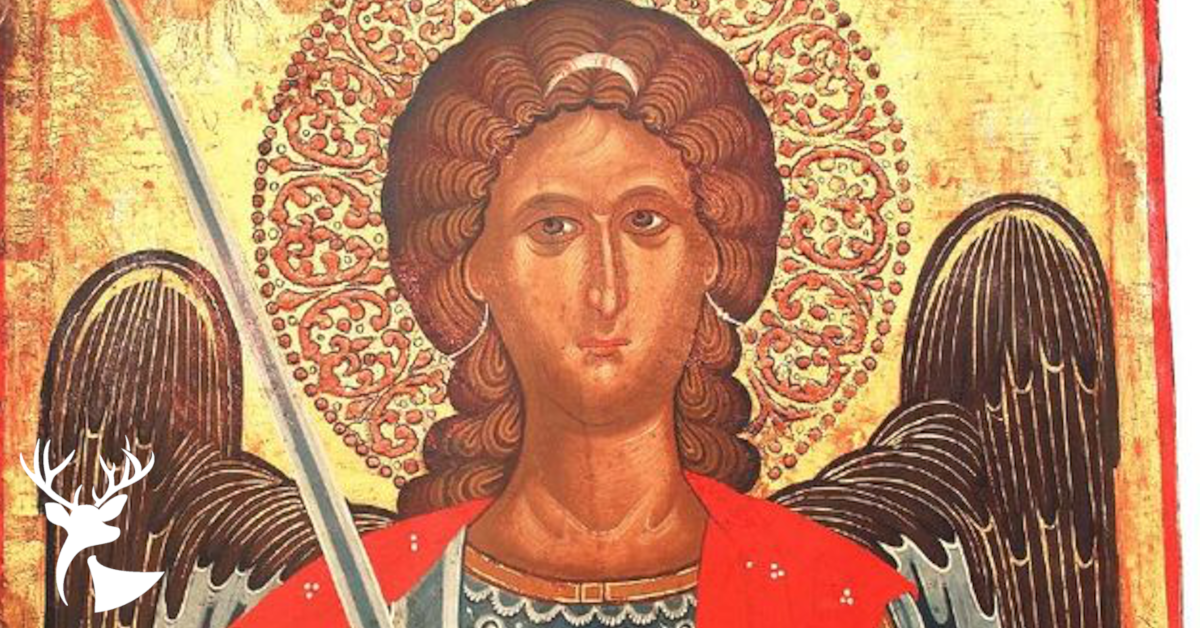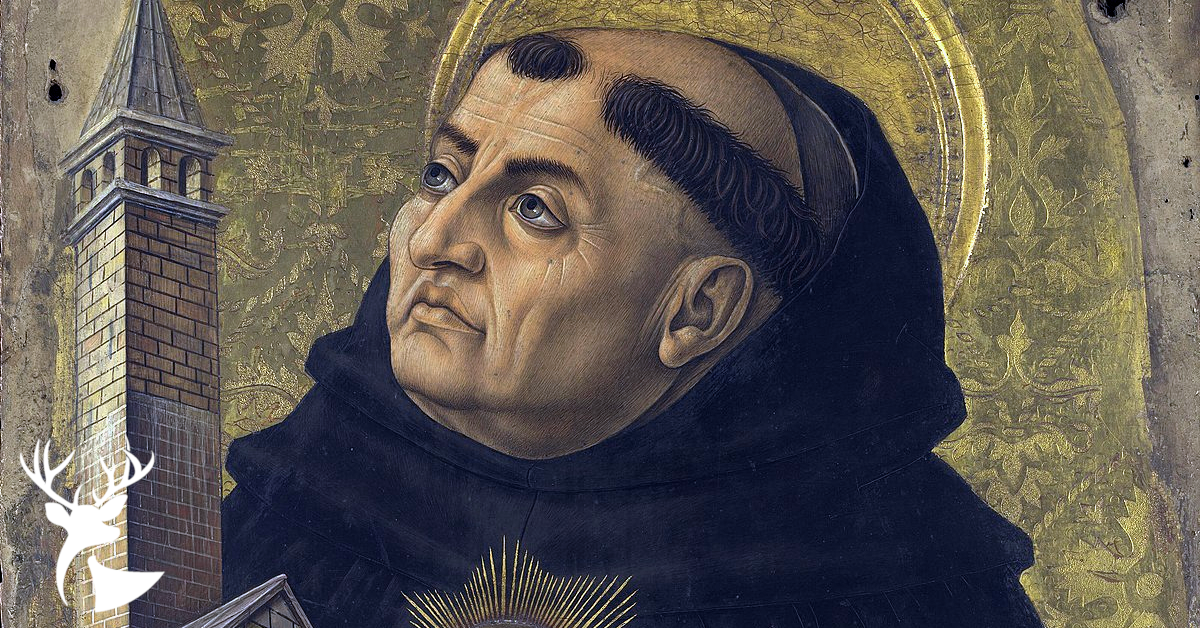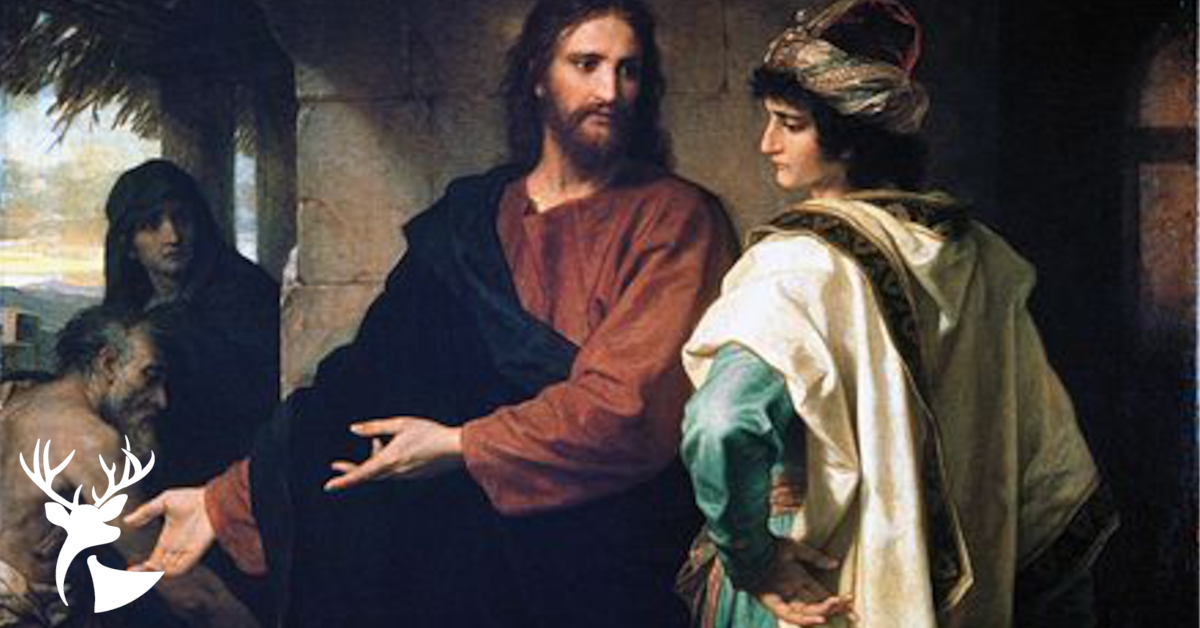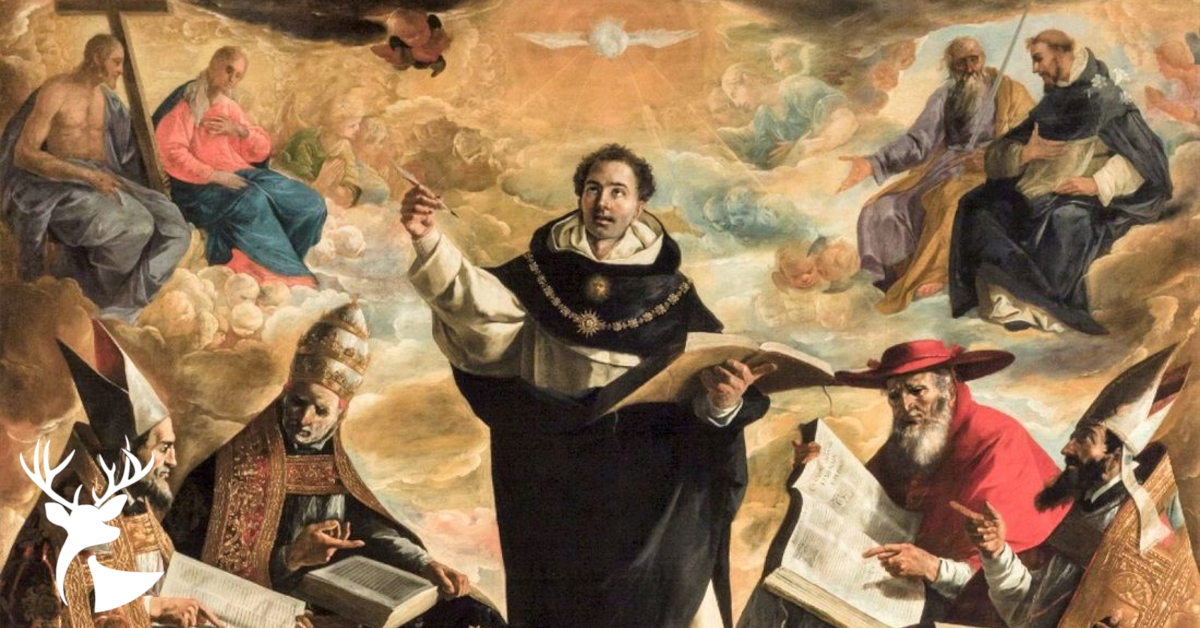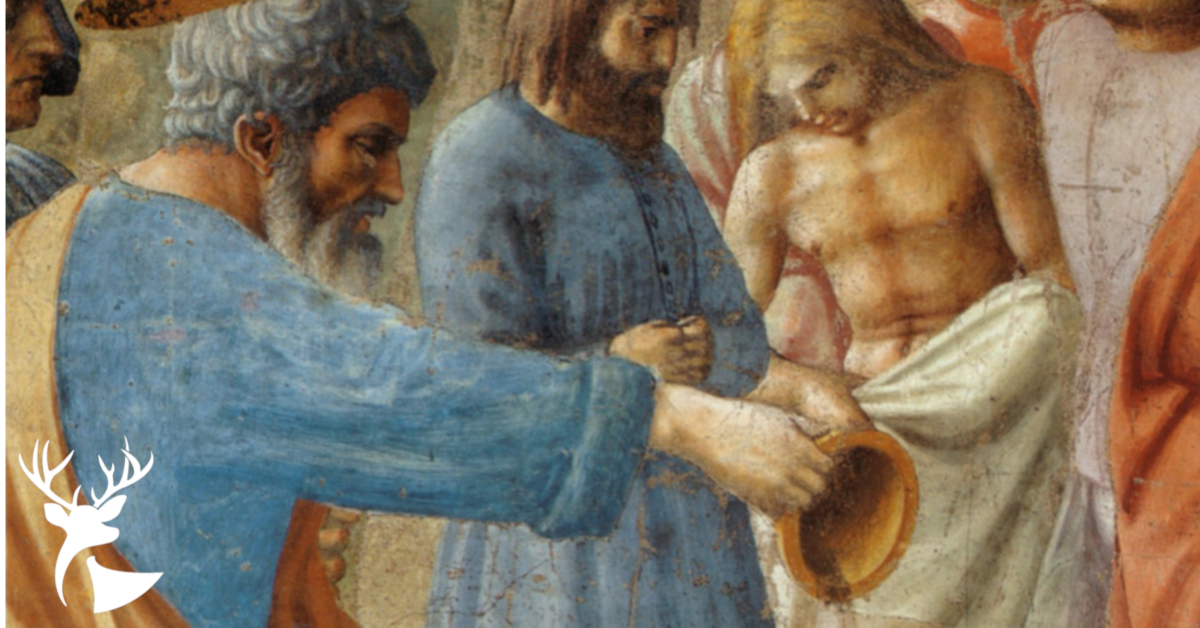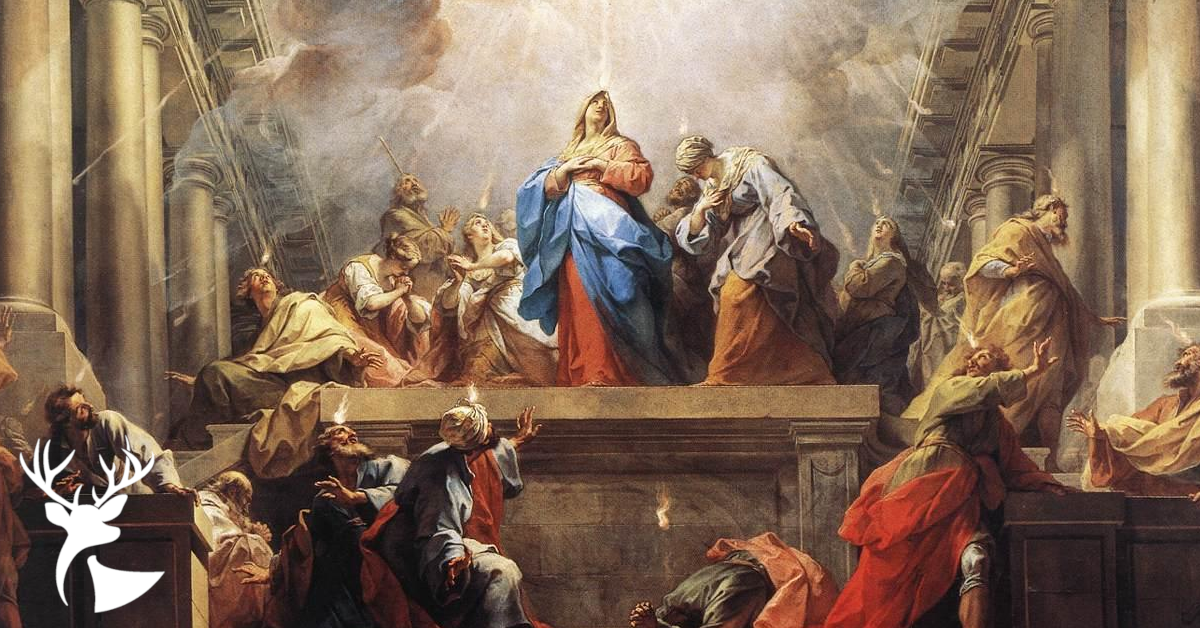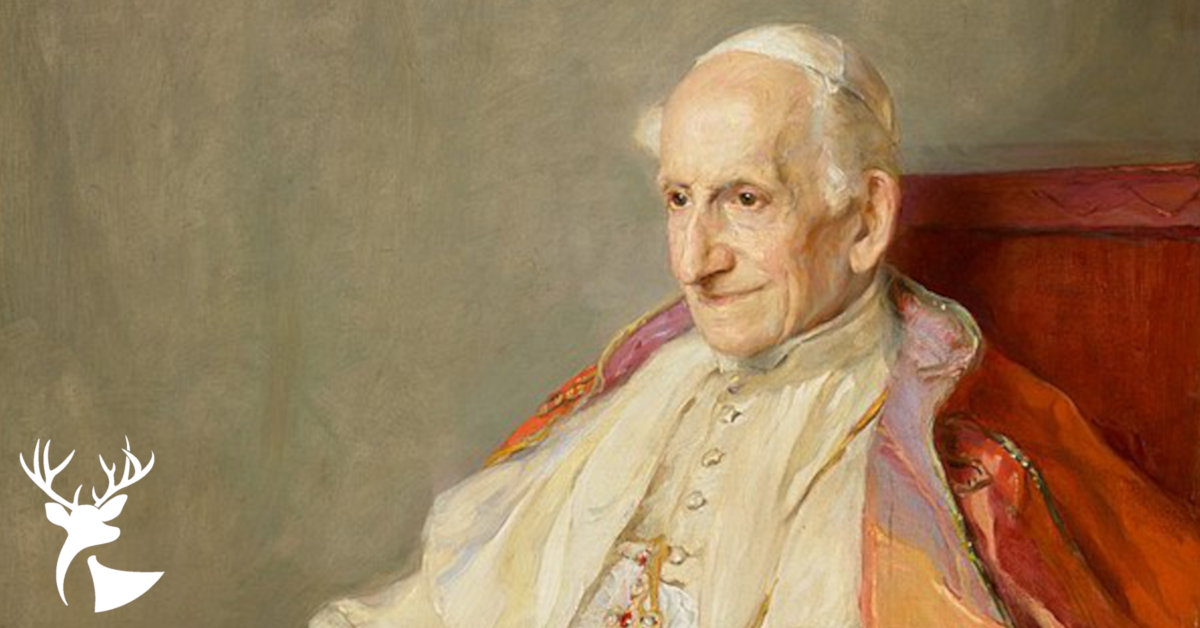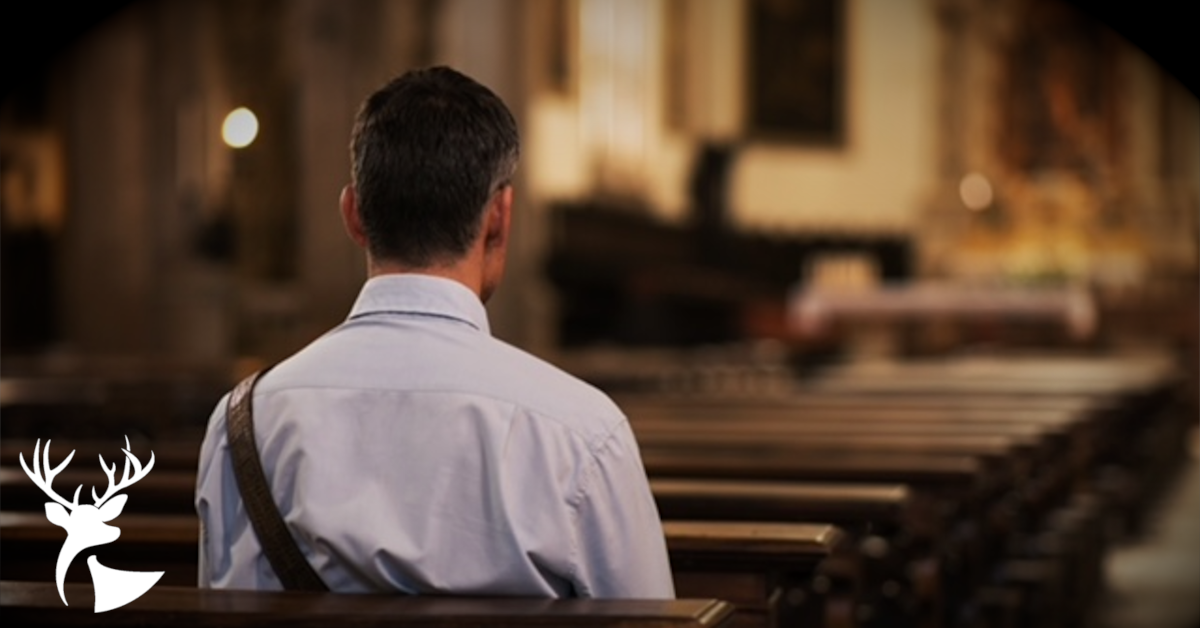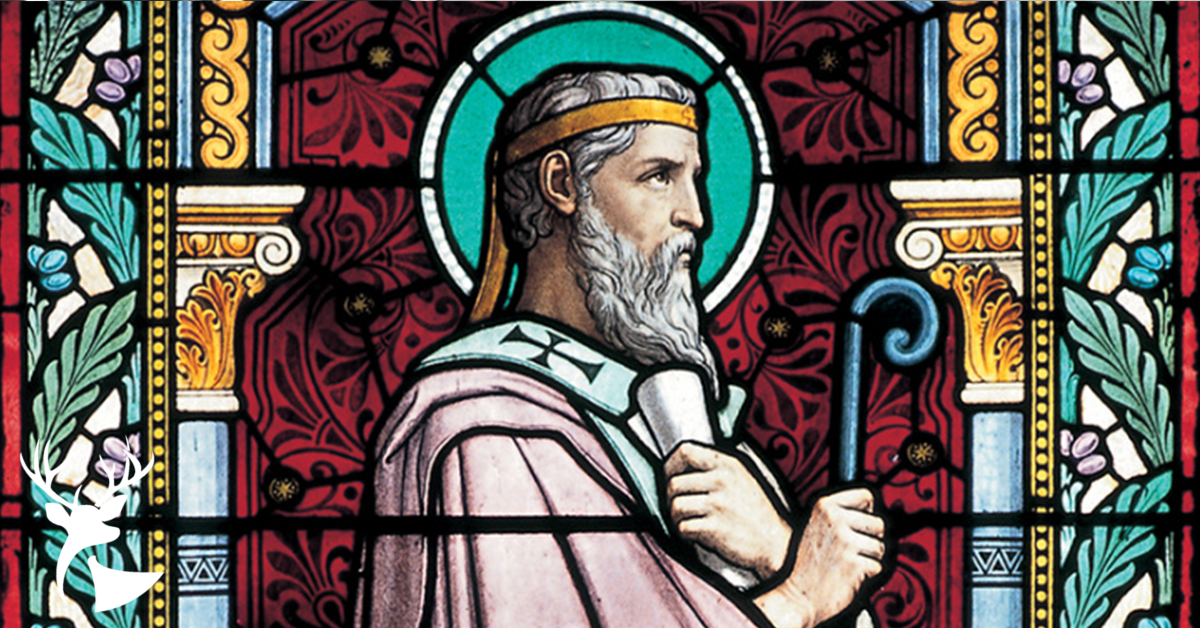
St. Irenaeus on the Holy Eucharist
By Karlo Broussard | September 18, 2023
“”
—1 Corinthians 10:16
← Return to Musings| Writings
St. Irenaeus on the Holy Eucharist
By Karlo Broussard | September 18, 2023
“The cup of blessing which we bless, is it not a participation in the blood of Christ? The bread which we break, is it not a participation in the body of Christ?”
—1 Corinthians 10:16
St. Irenaeus of Lyons, a second-century Greek bishop that established churches in what is now the south of France, is a go-to Church Father when it comes to establishing the early Christian belief in the Real Presence of Christ in the Eucharist. His teaching is very clear: “the mixed cup [wine and water] and the baked bread [the Eucharistic bread] receives the word of God and becomes the Eucharist, the body of Christ” (Against Heresies 5:2; emphasis added).
The above passage is one that’s most familiar with folks. But there’s another less known passage that’s just as profound. Here’s what Irenaeus writes:
If the Lord were from other than the Father, how could he rightly take bread, which is of the same creation as our own, and confess it to be his body and affirm that the mixture in the cup is his blood? (4:33:2)
Notice that Irenaeus believes Jesus’ divine origin—being “from the Father”—is the very reason why Jesus was able to “confess [the Eucharist] to be his body and affirm that the mixture in the cup is his blood.” For Irenaeus, what Jesus did at the Last Supper required divine power.
But if the Eucharist at the Last Supper were merely a symbol, then divine power wouldn’t have been required for what Jesus did. Divine power isn’t needed to assign symbolic value to bread and wine. But it is needed to change bread and wine into Jesus’ body and blood.
This being the case, Irenaeus couldn’t have believed that the Eucharist was merely a symbol. He must have believed what believers in the Real Presence throughout the world believe to this day: that Jesus truly changed bread and wine into that which Jesus said—His body and blood.
More Reading
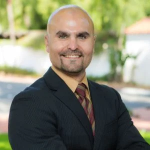
Karlo Broussard is a Catholic Apologist, speaker, and writer, known best for his work with Catholic Answers and personal work at karlobroussard.com


